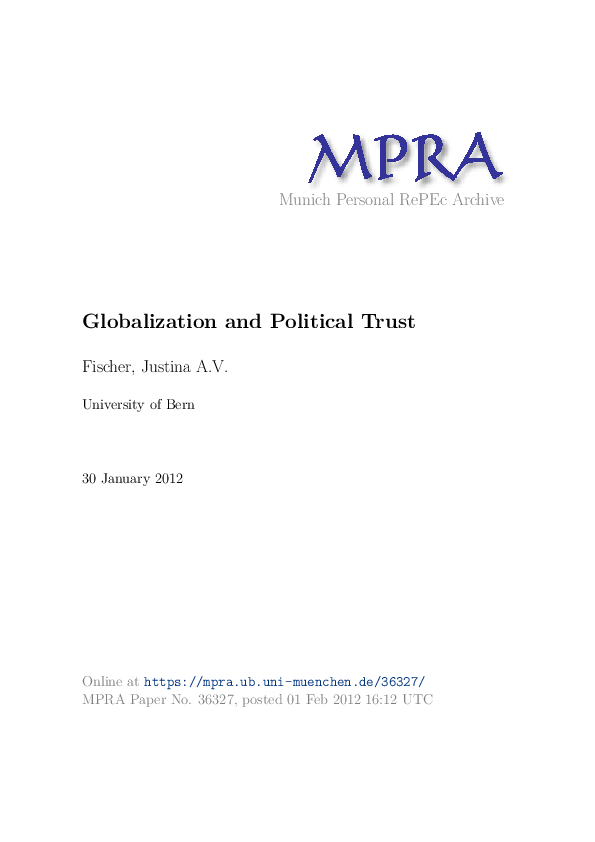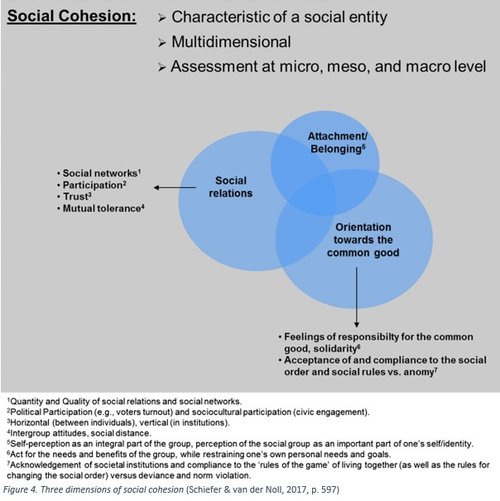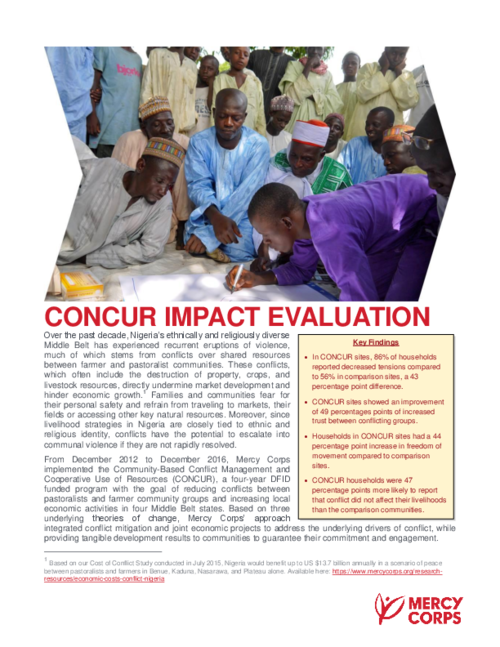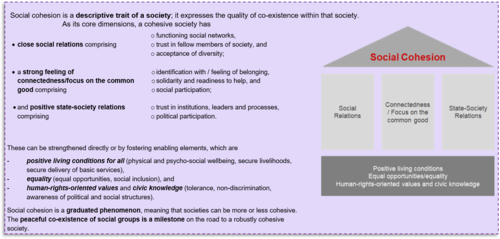Globalisation and political trust
Key facts
Development cooperation
Summary
This paper postulates that a country’s integration into the world economy may lower citizens’ political trust. I argue that economic globalization constrains government’s choice set of feasible policies, impeding responsiveness to the median voter. Matching individual-level survey data from 1981 to 2007, repeated cross-sections of altogether 260’000 persons from 80 countries, with a measure of a country’s degree of economic globalization for the same time period, I find that there is a trust-lowering impact of globalization; its magnitude, however, depends on whether or not the individual is informed about politics and the economy. Trust-lowering effects of globalization are larger for those who have no interest in politics, are unwilling to indicate their political leaning, or who have low educational levels. Two-stage least squares regressions and a set of country and time fixed effects support a causal interpretation. Obviously, viewing the domestic government as accountable for its policies plays a decisive role for the relation between economic globalization and political trust. Robustness against country’s degree of economic development, past globalization and different time periods is tested.





